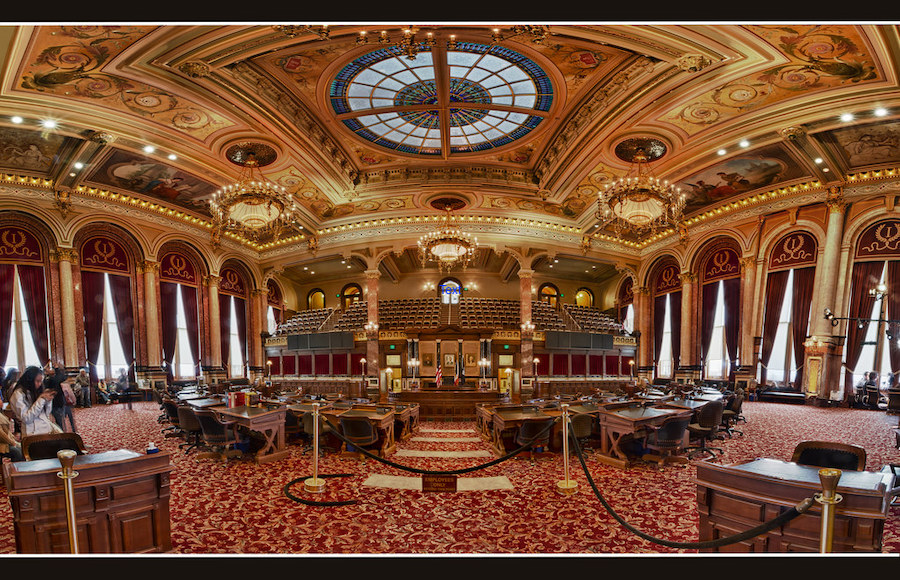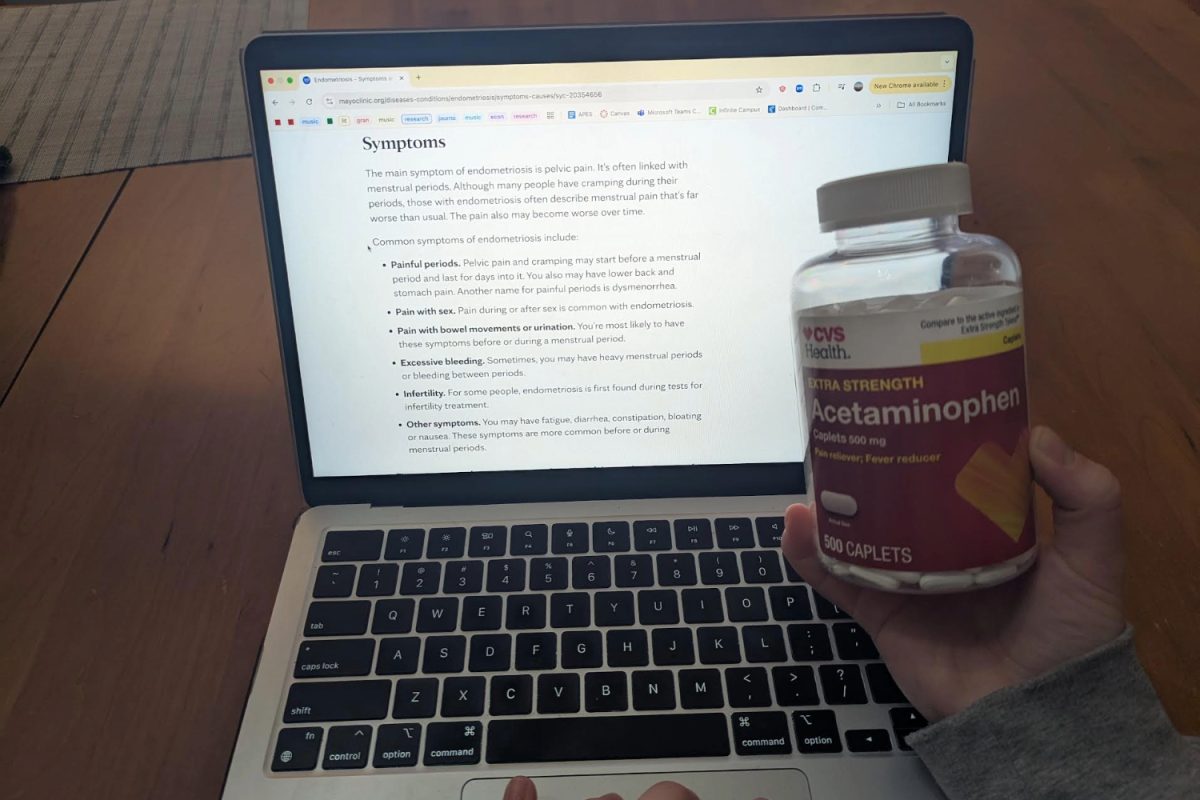For more than 140 years, the Iowa Senate has stood by a tradition of allowing the press to report from benches on the Senate floor. But two weeks ago, Republican leaders decided to ban journalists from the floor, forcing them to report from the gallery with the rest of the public.
By reporting from the Senate floor, journalists can ask follow-up questions and get clarifications from senators. Being restricted to the gallery limits their ability to obtain accurate facts, quotes, and information, and hinders transparency in politics.
The main reason for this decision is the fear of senators being misinterpreted or attacked on social media. However, they have not taken into account that in doing so they have taken away the opportunity for clarification, making the possibility of misjudgment greater.
This discretion is a significant threat to our democracy. Our country stands by the fact that citizens have power and say in government. With this comes transparency and the ability to acquire information and opinions from senators, representatives, presidents, governors, etc., and hold them accountable for unethical or wrongful actions.
By barring access to government information, states like Iowa are demonstrating authoritarian and anti-democratic values. Shadowing information is also suspicious and gives citizens the impression that thoughts the Senate is sharing would be disagreed upon. It prevents accountability and veils political activity from Americans.
In addition, citizens heavily rely on freedom of the press to keep people informed on senate discussions, proposals, and bills. Refuting freedom of the media also denies citizens important information needed to comment and vote on state laws and decisions.
“When you take journalists and restrict their access and then you couple that with changes that have occurred in the past couple of years with procedures in Iowa, it makes it that much harder for the public to know what’s going on,” said Randy Evans, executive director of the Iowa Freedom of Information Council in an interview with the Washington Post.
While this new dismissal seems to be a minor hindrance to the majority of the country, adopting this new rule by the U.S. Senate is possible. Though the majority of U.S. states do allow press on the Senate floor, there are a few other states such as Arkansas that have similar bans as Iowa’s. If more states continue to adopt these policies, it could keep Americans in the dark about political procedures and policies.
Easy access to government opinions and decisions could be restricted. Citizens would also no longer be able to make informed decisions when voting on laws, which impairs our use of democracy and say in government.
The five liberties that produce a democracy are freedom of assembly, religion, speech, the right to petition the government, and freedom of the press. But what happens to democracy when one of these freedoms is ignored?
Currently, the values of our democracy are at risk because freedom of the press is not being acknowledged. Although allowing press on the Senate floor is not a law, and state Senates are allowed to make their own decisions on the matter, transparency and democratic integrity are at risk.
In order to salvage our democracy, we need to salvage the governmental transparency that our country was built on, and therefore we need to get press back on the Senate floors.












